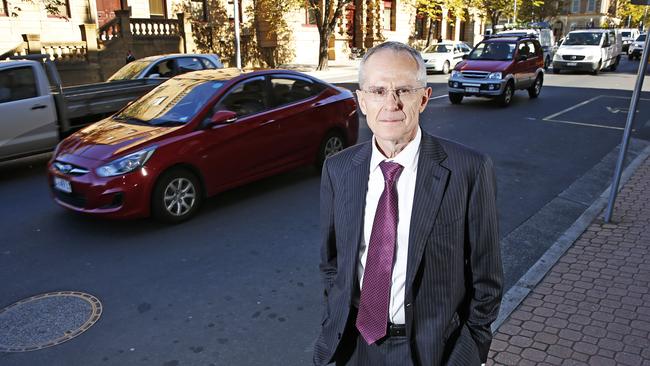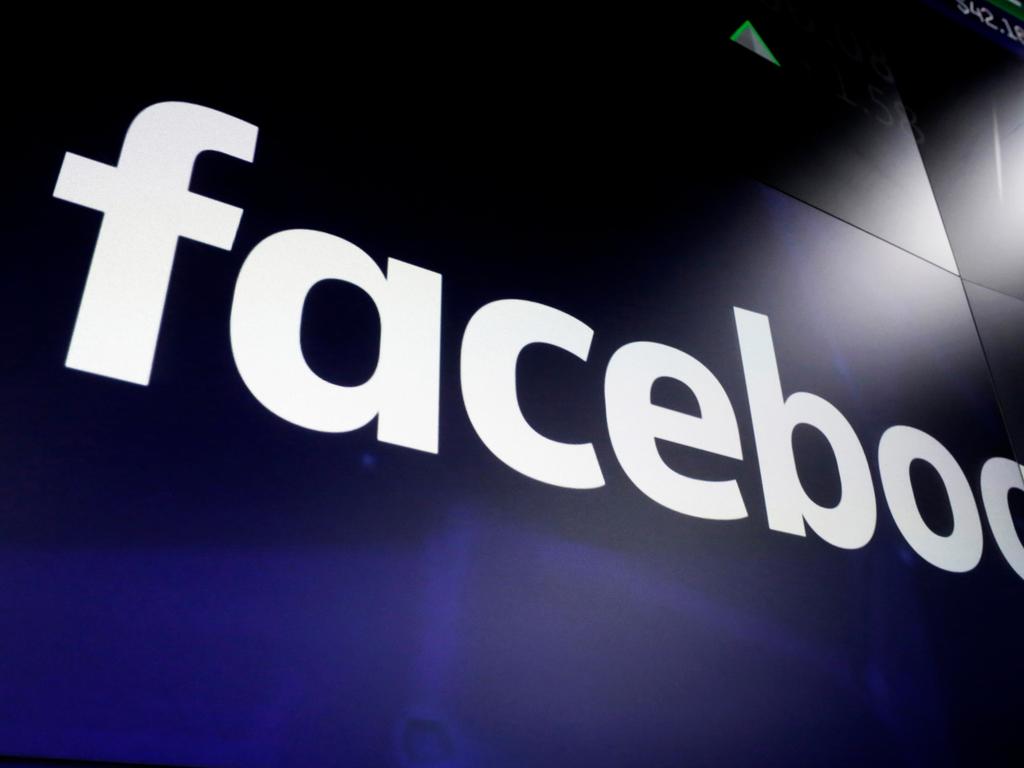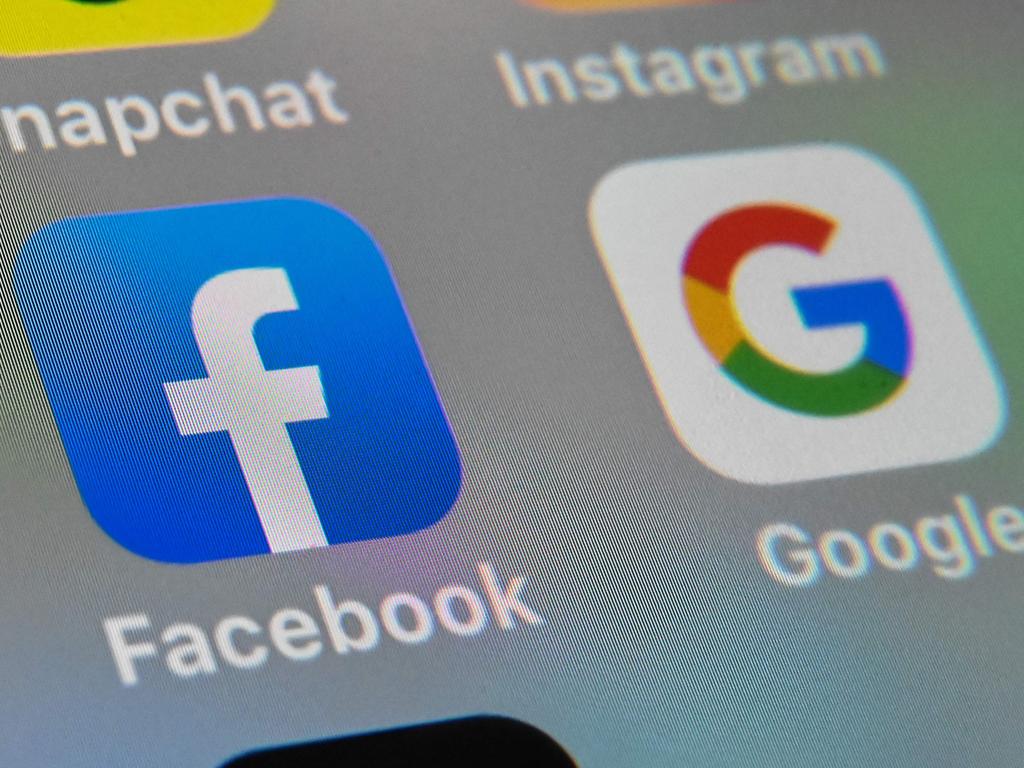Media, tech giants split on revenue sharing
ACCC’s Rod Sims says negotiations between the tech giants and media firms broke down over a proposed revenue sharing model.

Competition tsar Rod Sims has lifted the lid on negotiations that broke down between the tech giants and Australia’s media companies, revealing that a proposed revenue sharing model was a key sticking point that could not be resolved.
Last month, the Morrison government ordered the Australian Competition & Consumer Commission to devise a world-first mandatory code for the tech giants to pay media companies for their content after talks about a voluntary code failed.
Announcing a new options paper on Tuesday, ACCC chair Mr Sims said it became clear early on during the discussions that the goalposts were too far apart for the parties to be able to reach an agreement.
“The question the government put to us in April was not ‘how pleasant are the meetings and how much discussion is going on’; the question the government put to us is ‘Do you really think, as you see it now, that we'll get there?’, and the best, honest answer was that the revenue share particularly was going to be something they would not agree on,” Mr Sims told The Australian.
“We got that mainly from seeing how that issue was being dealt with and what the various responses were. A lot of talk was going on, very pleasant talk, but there wasn't much progress, so really you have to exercise the compulsory option. Given the very different positions of the parties, with all the best will in the world … ultimately this is going to have to be imposed.
“This is a big regulatory step to take. Yes, you can ask should it have been done some time ago, but big steps often need quite a build-up and this has had one.”
The options paper says the mandatory code will apply at least to Facebook’s News Feed and Google Search, as well as potentially Instagram and WhatsApp — both owned by Facebook — and hardware services like Google Assistant and Android TV.
Payment could be made to publishers through a number of options, including that publishers negotiate individually with the tech giants, or that they collectively bargain to reach a more favourable outcome.
The media companies could also join a collective boycott and ditch Facebook and Google altogether, though the paper says such a move would “damage news businesses and harm users”.
A fourth option for payment is the establishment of a “collecting society”, which would then collect and distribute payments.
Issues including whether news is original, paywalled, and quality have all been raised by the ACCC for discussion to help determine its value. The ACCC also said there was a gap between the data held by Google and Facebook on its users, and the data collected by media companies on their readers and viewers.
“In order to address this information asymmetry, it may be appropriate for the bargaining code to include mechanisms requiring each of Google and Facebook to maintain and provide news media businesses with an up-to-date list of the types of user data they collect on news audiences,” the ACCC said in the paper.
Communications Minister Paul Fletcher has said that financial stresses in the past few weeks had made the mandatory code more urgent. COVID-19 has wreaked havoc on media companies, forcing some small newspapers and digital properties to close.
Mr Sims said the government had accelerated the code’s implementation in part due to the impact wreaked by COVID-19. “We have to accept the COVID crisis has upended so many things,” he said, adding that while Spain and France for example had failed to date to force payment from the tech giants, it wouldn’t deter Australia’s efforts.






